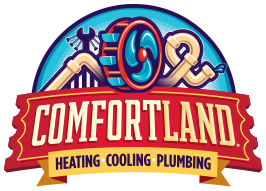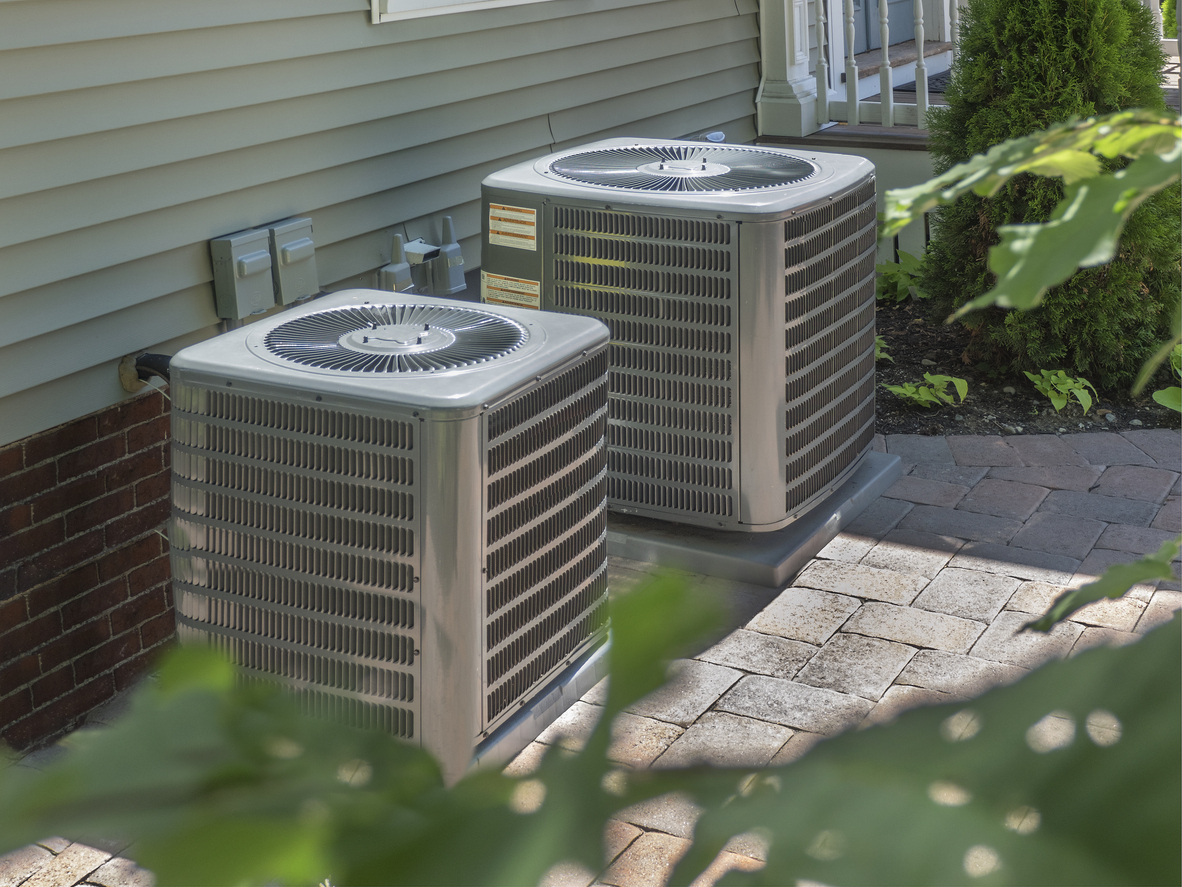
When it comes to maintaining comfort in your home or business, selecting the right HVAC (Heating, Ventilation, and Air Conditioning) system is crucial. With various options available, understanding the different types of HVAC systems can help you make an informed decision that best suits your needs. In this guide, we will explore the various HVAC types, their features, and benefits to help you choose the most suitable system for your property.
Central Air Conditioning Systems
Central air conditioning systems are among the most common types of HVAC systems found in homes. These systems use a network of ducts to distribute cooled air throughout the house. The main components of a central air system include an outdoor unit, which contains the compressor and condenser, and an indoor unit, which houses the evaporator coil.
Benefits:
- Efficient cooling for large spaces
- Quiet operation
- Can improve indoor air quality with proper filtration
Ideal For: Large homes and properties with existing ductwork.
Ductless Mini-Split Systems
Ductless mini-split systems, also known as split systems or multi-split systems, are a popular choice for homes without ductwork. These systems consist of an outdoor unit and one or more indoor units mounted on the walls or ceilings. Each indoor unit operates independently, allowing for customized temperature control in different rooms.
Benefits:
- Energy-efficient
- Easy installation
- Zoned cooling and heating
Ideal For: Older homes without ductwork, room additions, and apartments.
Heat Pump Systems
Heat pump systems are versatile HVAC system types that can provide both heating and cooling. They work by transferring heat from one place to another. In the summer, heat pumps move heat from indoors to outdoors, and in the winter, they extract heat from the outdoor air or ground and transfer it indoors.
Benefits:
- Energy-efficient
- Provides both heating and cooling
- Reduces energy costs
Ideal For: Mild to moderate climates.
Packaged HVAC Systems
Packaged HVAC systems combine all the components of a traditional split system into a single unit, typically installed on the roof or a concrete slab next to the building. These systems are often used in commercial settings but can also be a good option for residential properties with limited indoor space.
Benefits:
- Saves indoor space
- Easier installation and maintenance
- Provides both heating and cooling
Ideal For: Homes and businesses with limited indoor space.
Geothermal HVAC Systems
Geothermal HVAC systems, also known as ground-source heat pumps, use the earth’s stable underground temperature to provide heating and cooling. These systems are highly efficient and environmentally friendly, as they rely on renewable energy sources.
Benefits:
- Extremely energy-efficient
- Environmentally friendly
- Long lifespan
Ideal For: Eco-conscious homeowners and areas with stable ground temperatures.
Hybrid HVAC Systems
Hybrid HVAC systems, also known as dual-fuel systems, combine the efficiency of a heat pump with the power of a gas furnace. These systems automatically switch between the heat pump and furnace depending on the outdoor temperature, providing optimal energy efficiency and comfort.
Benefits:
- Energy-efficient
- Provides reliable heating and cooling
- Reduces energy costs
Ideal For: Areas with fluctuating temperatures.
Variable Refrigerant Flow (VRF) Systems
Variable Refrigerant Flow (VRF) systems are advanced HVAC systems that offer precise temperature control and high energy efficiency. These systems use refrigerant as the cooling and heating medium and can simultaneously heat and cool different zones within a building.
Benefits:
- High energy efficiency
- Precise temperature control
- Flexible installation options
Ideal For: Large commercial buildings and residential properties with multiple zones.
Portable HVAC Systems
Portable HVAC systems are standalone units that can be easily moved from one room to another. These systems are typically used for supplemental cooling or heating in specific areas of a home or office.
Benefits:
- Easy to move and install
- Provides supplemental cooling or heating
- Affordable option
Ideal For: Small spaces, rental properties, and supplemental heating or cooling.
Choosing the Right HVAC System
When choosing the right HVAC system for your home or business, consider the following factors:
- Size of the Property: Larger properties may require more powerful systems like central air conditioning or VRF systems.
- Climate: Heat pumps and hybrid systems are ideal for moderate climates, while geothermal systems are suitable for areas with stable ground temperatures.
- Existing Infrastructure: Homes with existing ductwork can benefit from central air systems, while ductless mini-split systems are ideal for properties without ducts.
- Energy Efficiency: Consider the energy efficiency of the system to reduce long-term energy costs. Geothermal and VRF systems are among the most efficient options.
- Budget: Determine your budget for both installation and ongoing maintenance. Portable HVAC systems are affordable, while geothermal systems require a higher upfront investment but offer long-term savings.
Conclusion
Understanding the different types of HVAC systems is essential for making an informed decision that meets your specific needs. Whether you are looking for a central air system, a ductless mini-split, or a high-efficiency geothermal system, each HVAC type offers unique benefits to enhance your comfort and energy efficiency.
At ComfortLand, we are dedicated to helping you choose the perfect HVAC system for your home or business. Our team of experts is ready to provide professional advice, installation, and maintenance services to ensure your heating and cooling needs are met. Contact ComfortLand today for all your heating and cooling needs.
Recent News
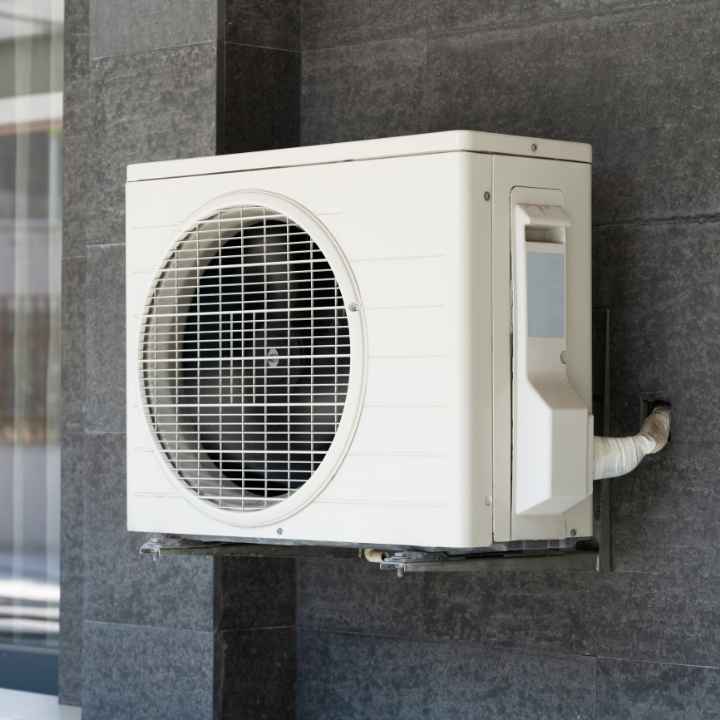
Why Is My Heat Pump Freezing Up?
Read More

How to Improve Heating Efficiency in Dallas
Read More
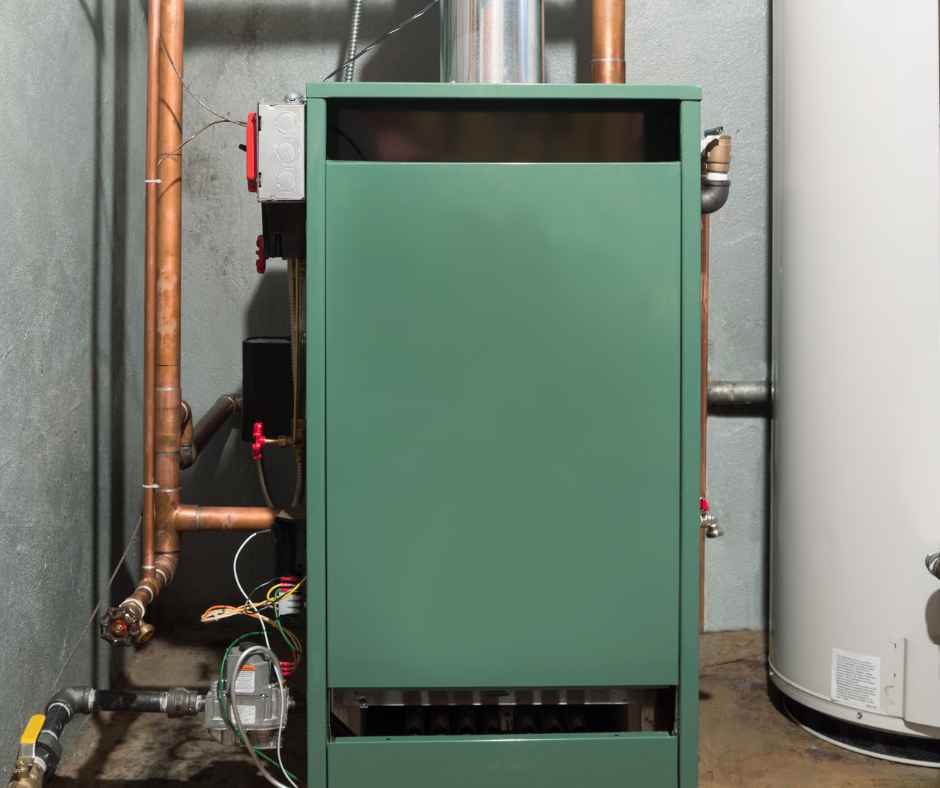
Is a Heat Pump or Furnace Better for Dallas? A Homeowner’s Guide
Read More
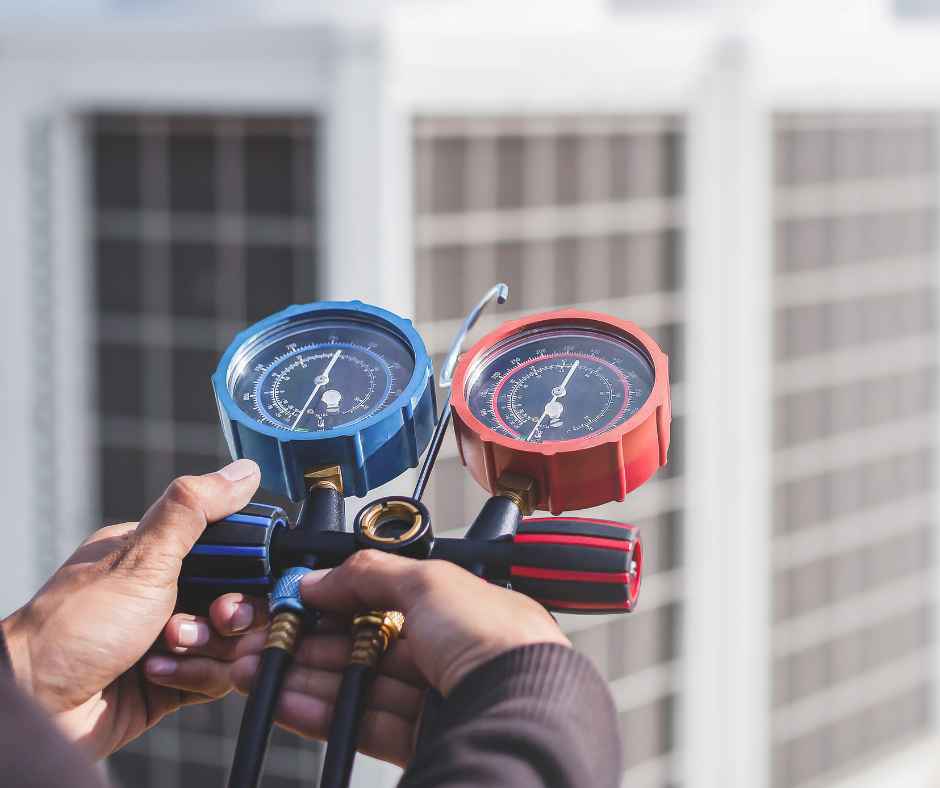
How Many BTU Do I Need?
Read More

Preparing Your Dallas Home for Winter: Essential HVAC Maintenance Tips
Read More
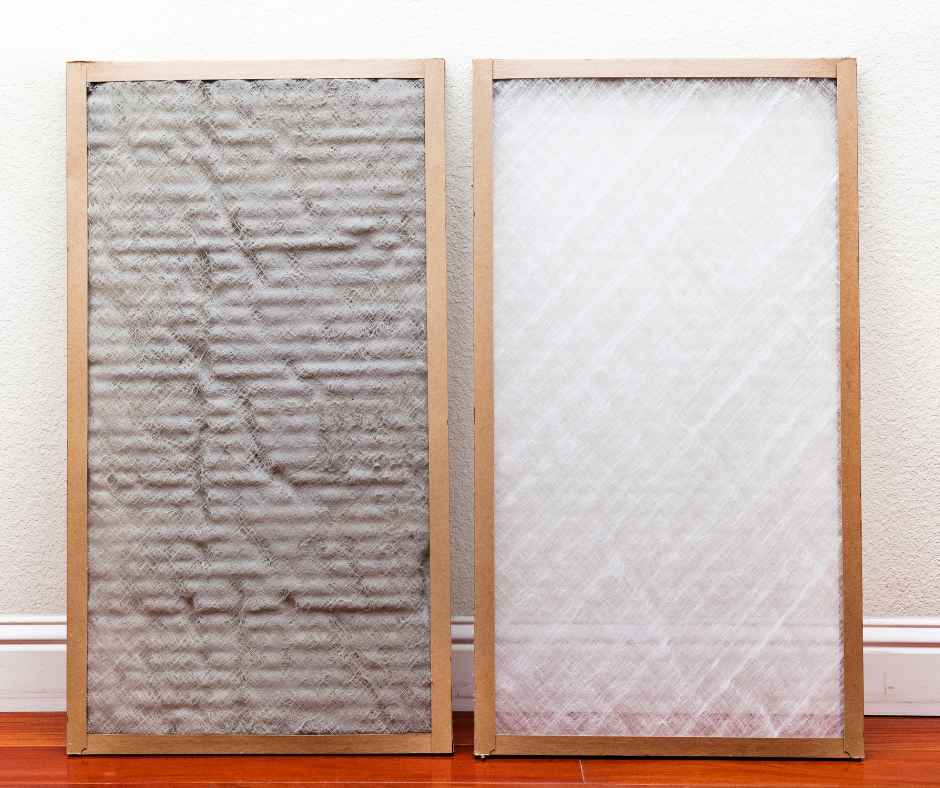
What MERV Rating Should I Use?
Read More
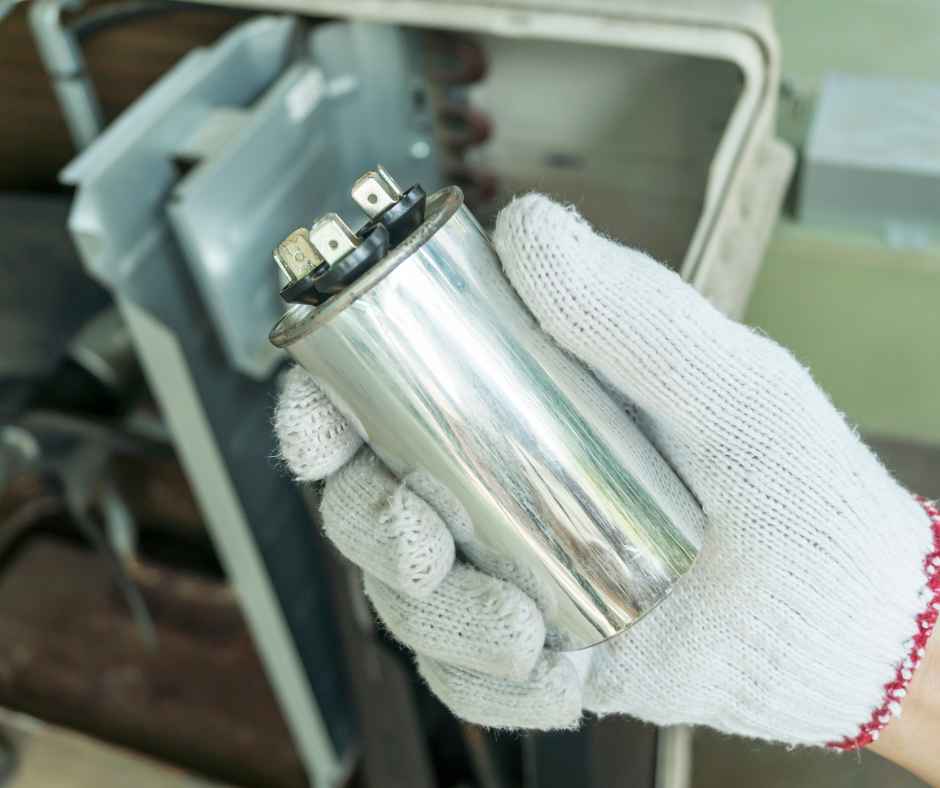
What Does a Capacitor Do?
Read More
